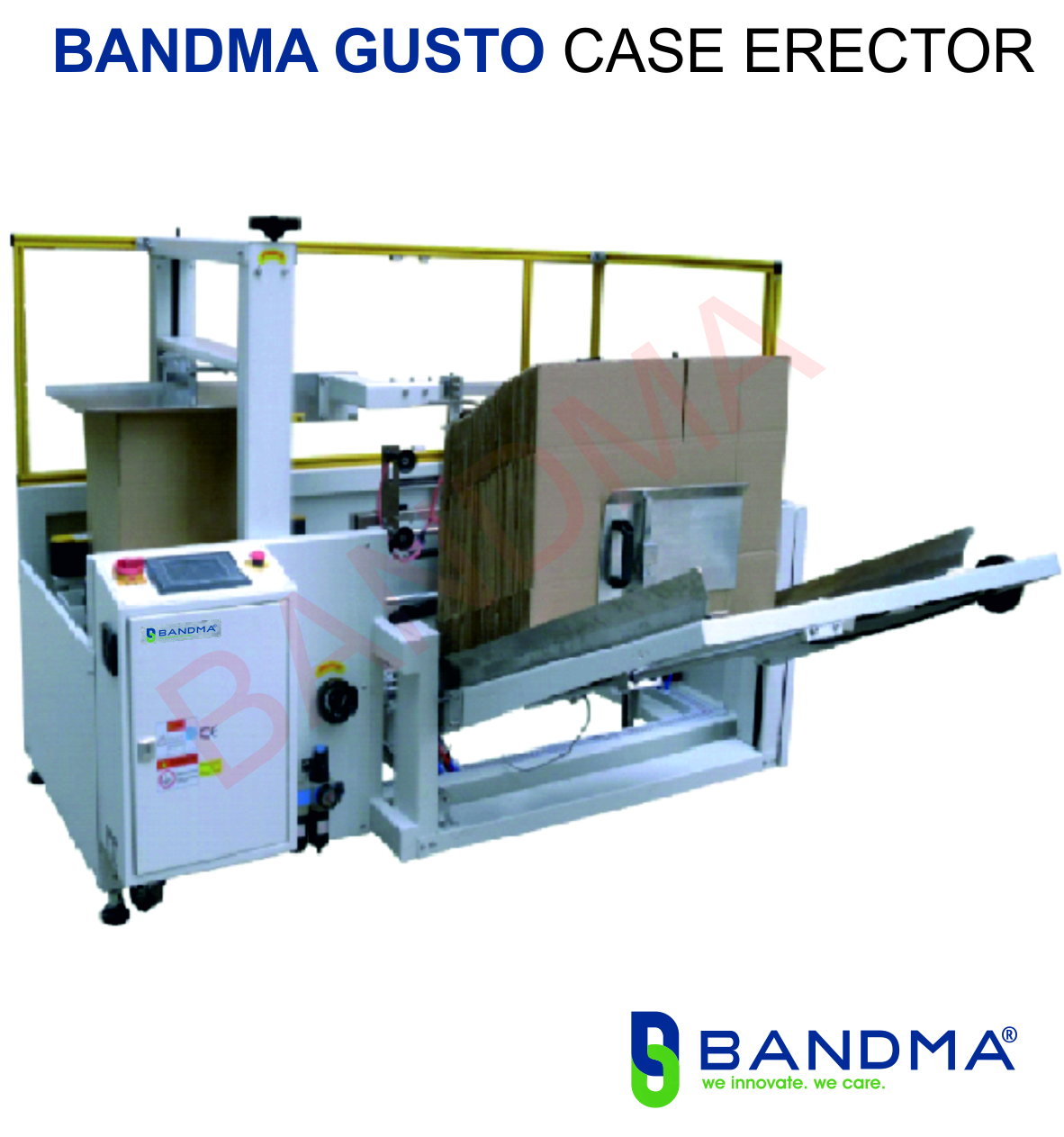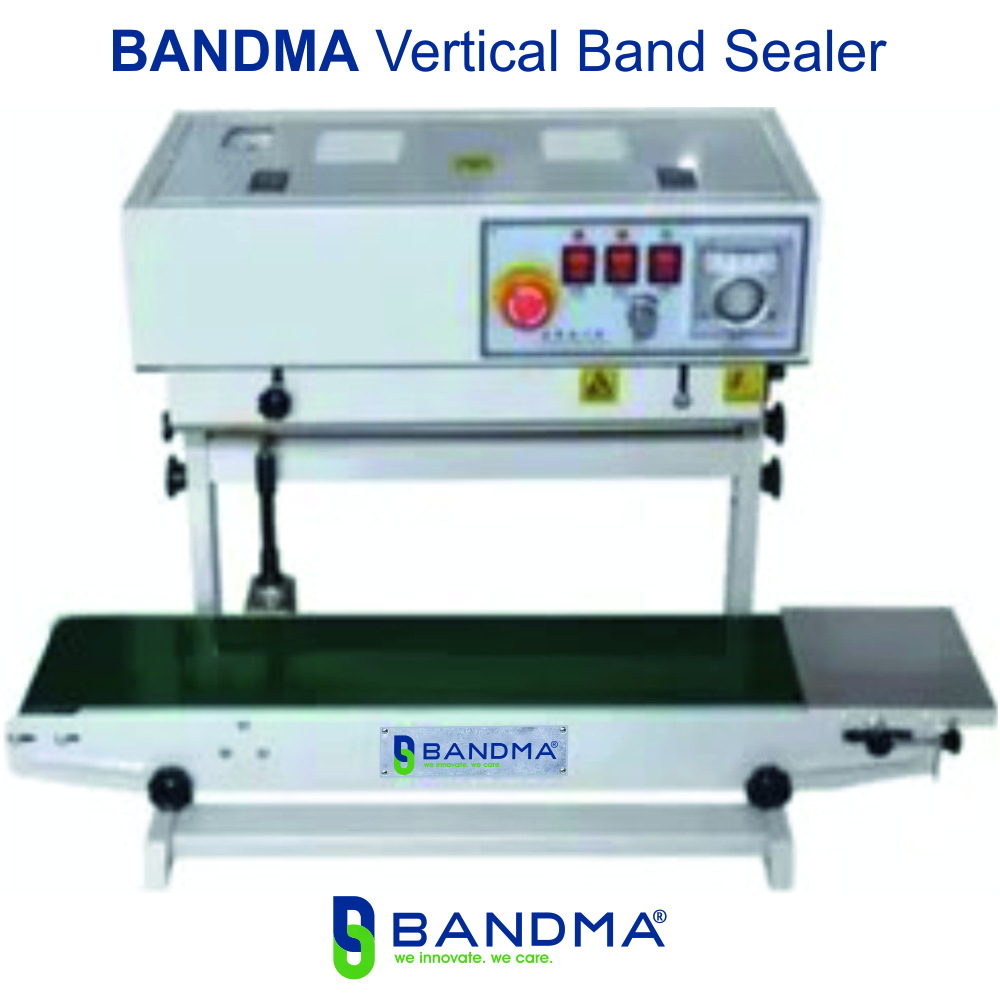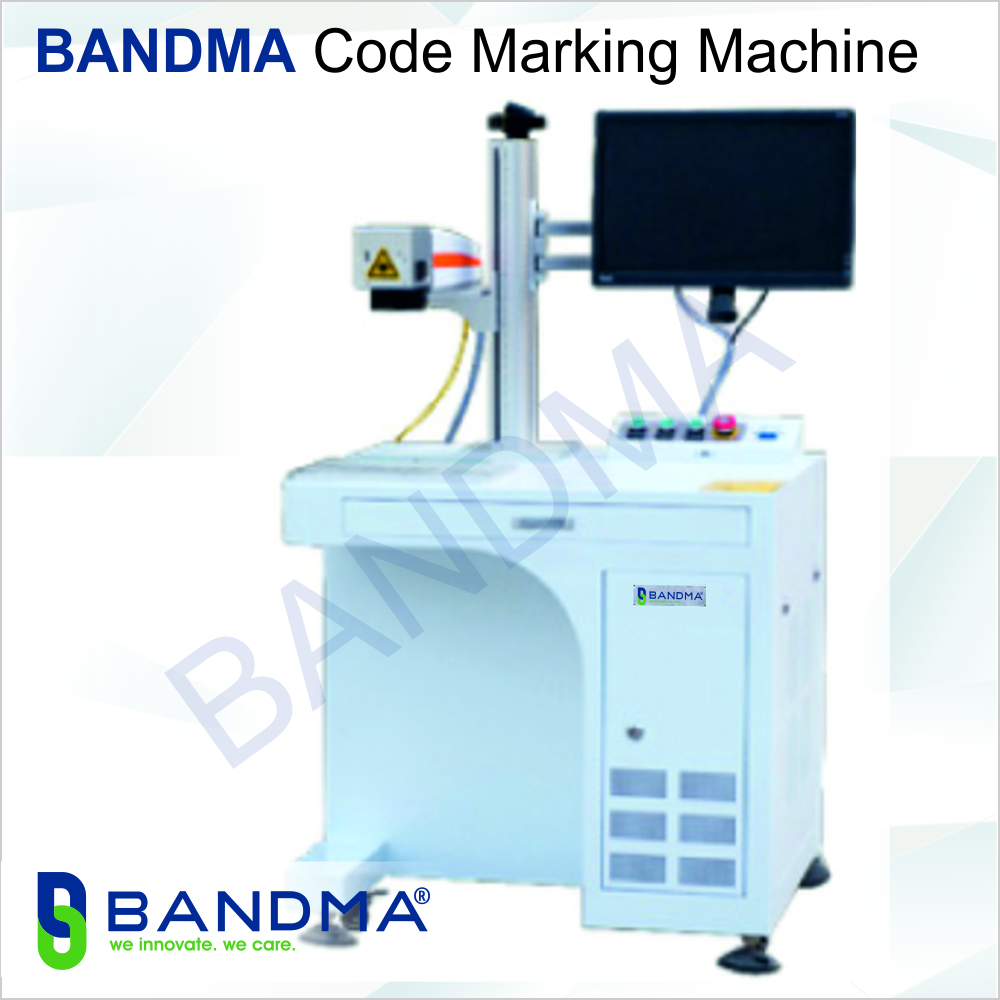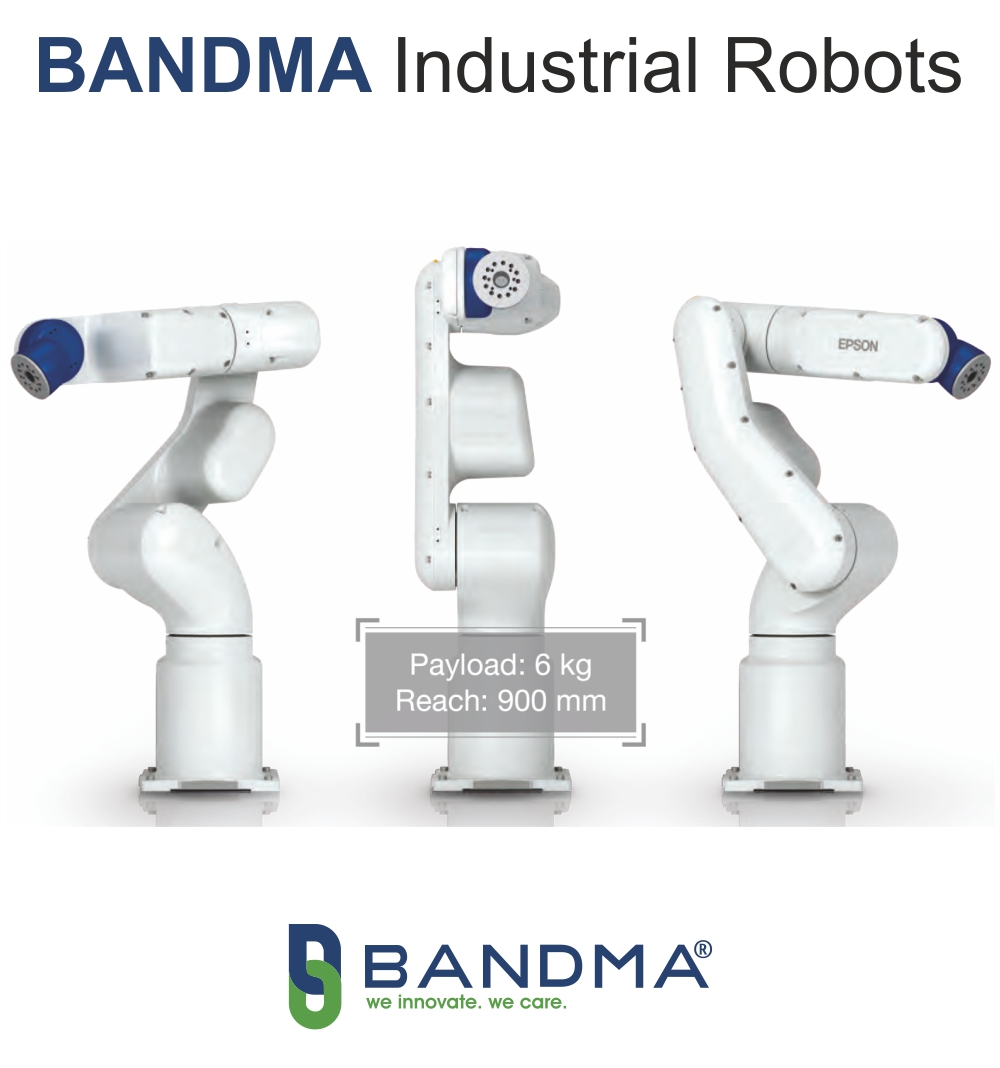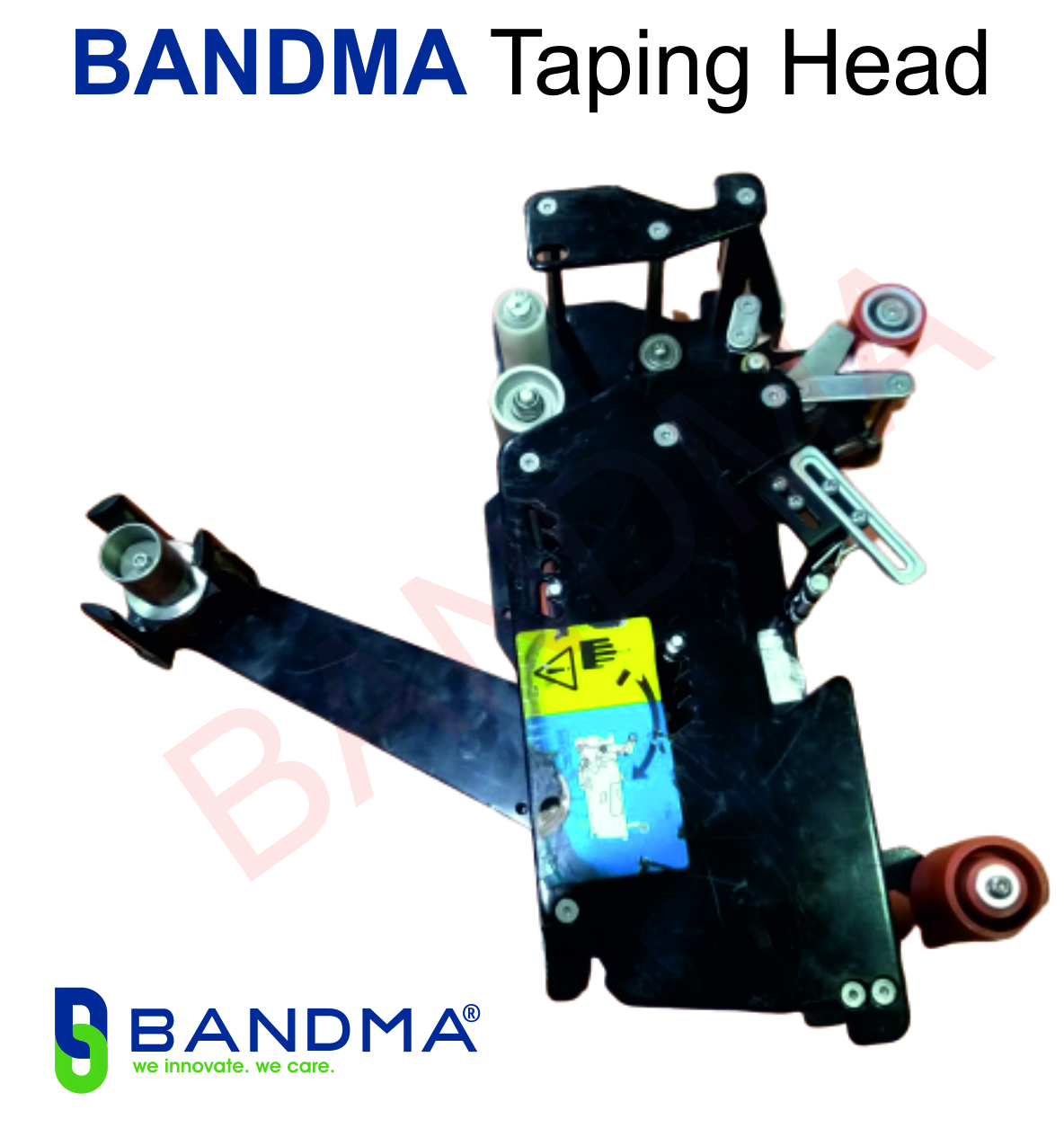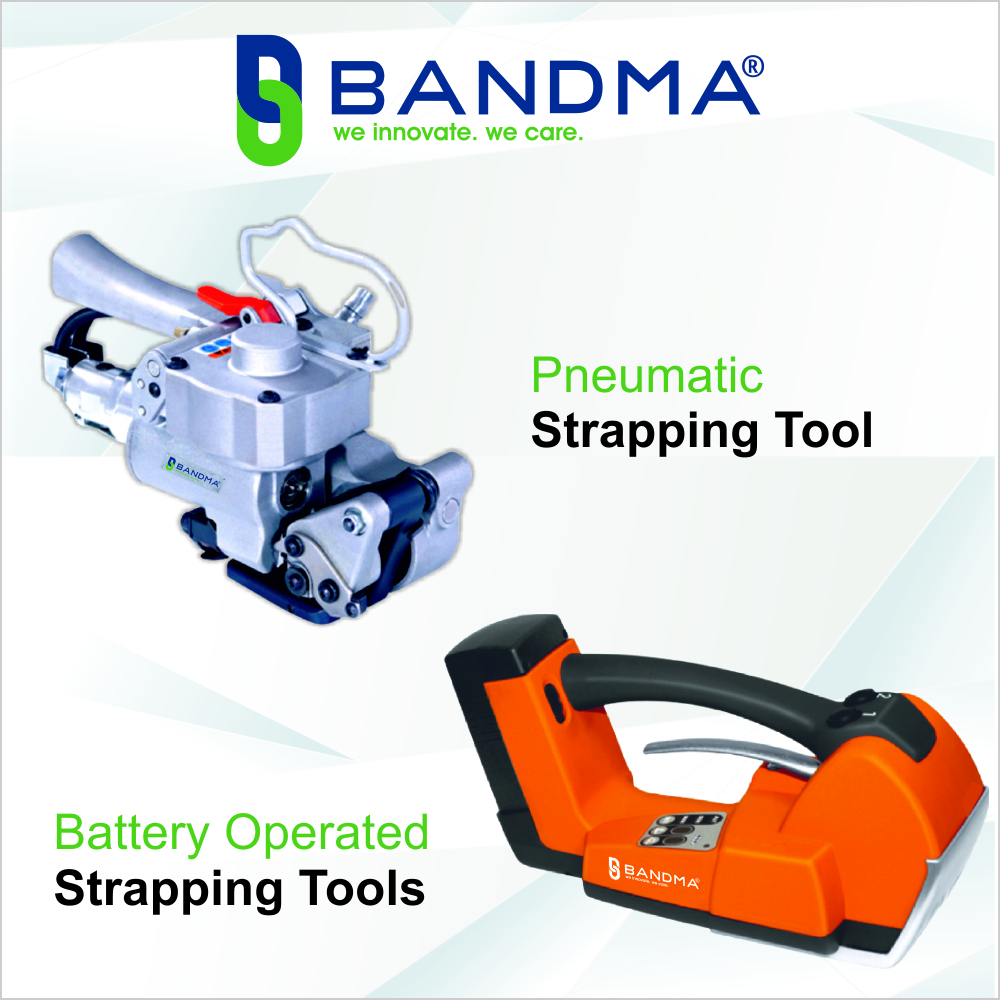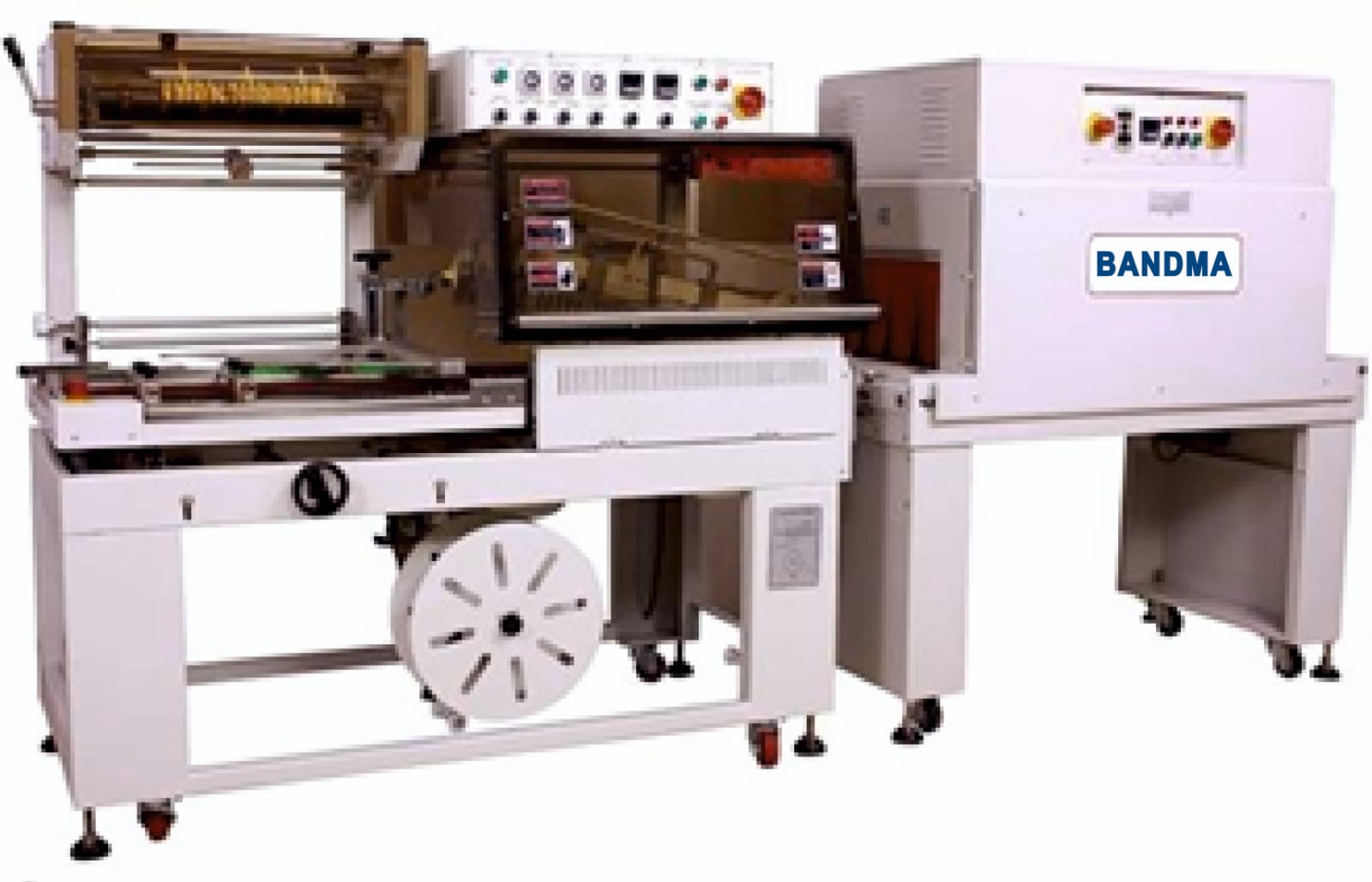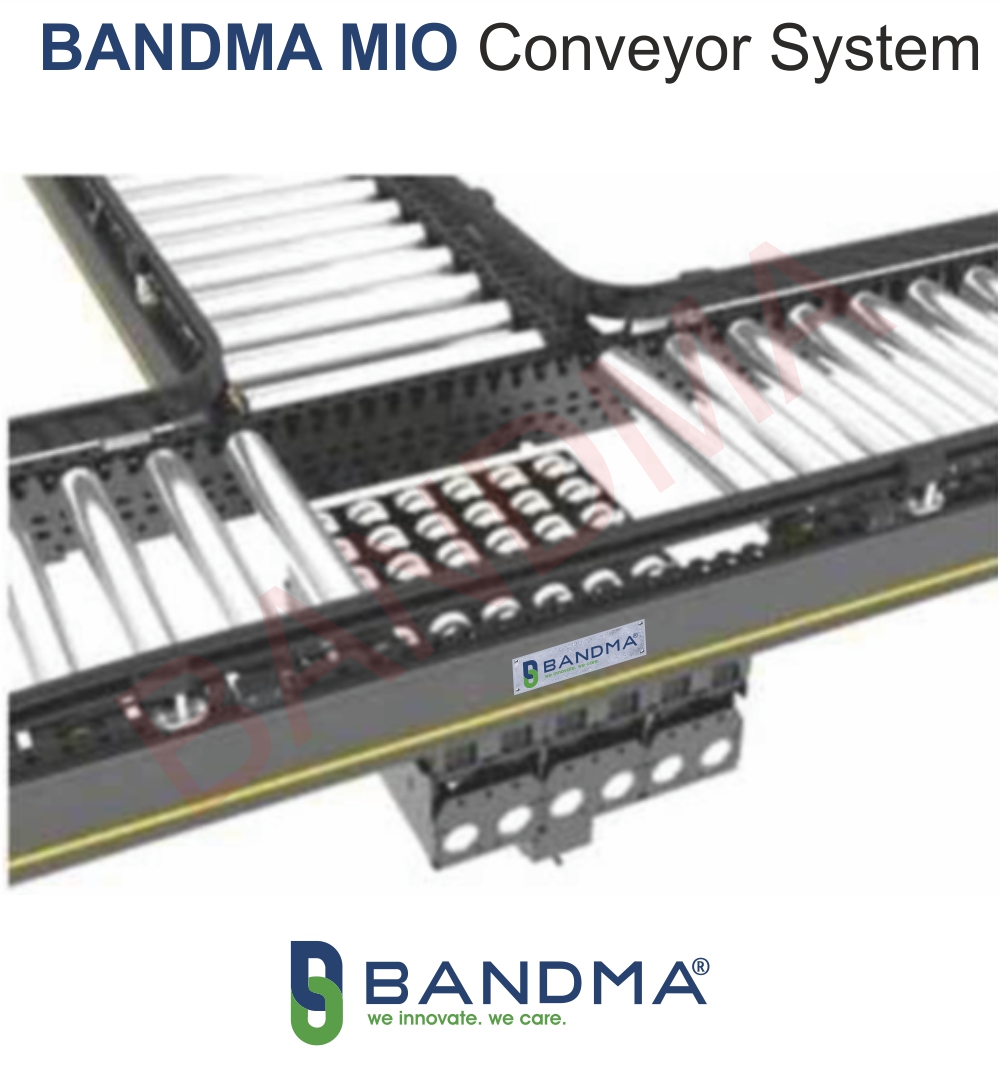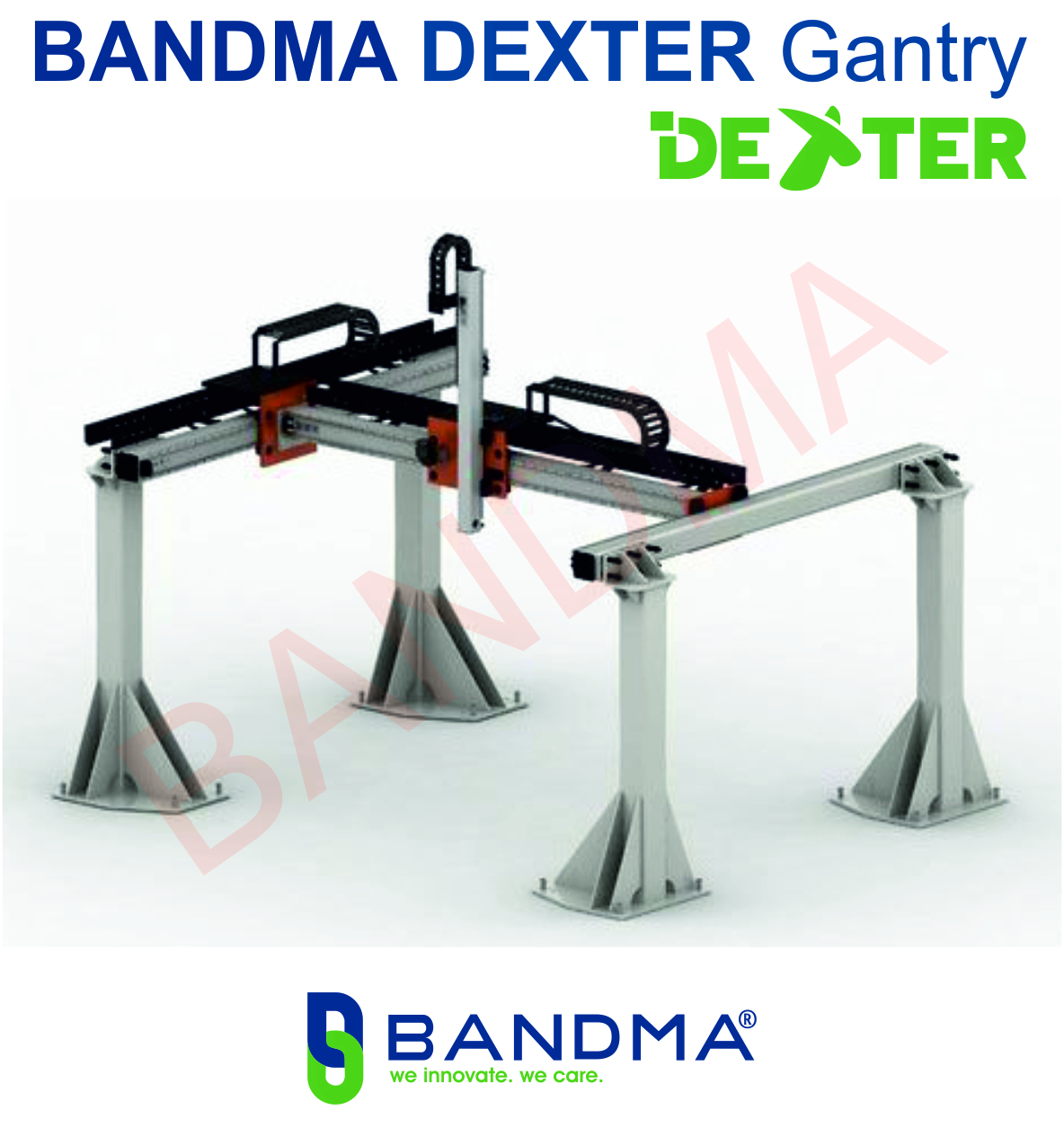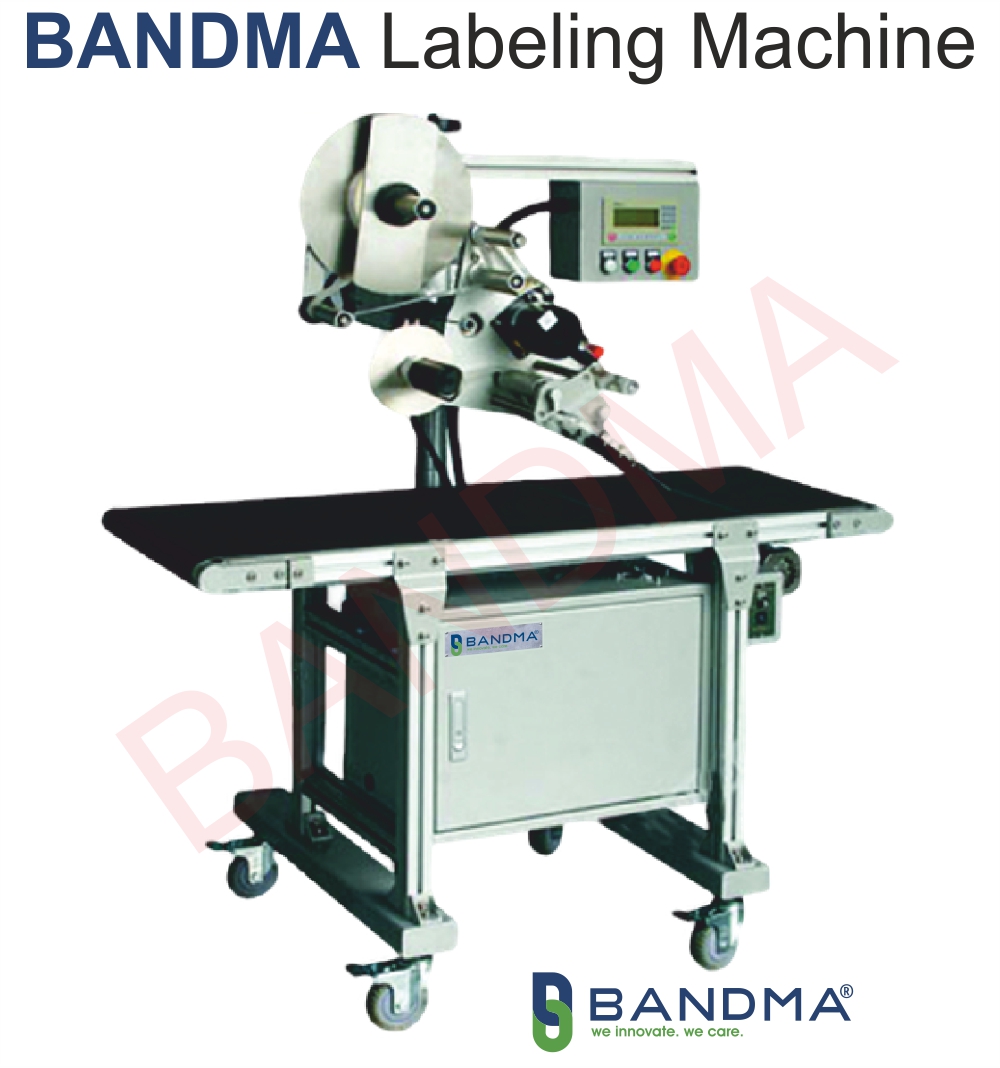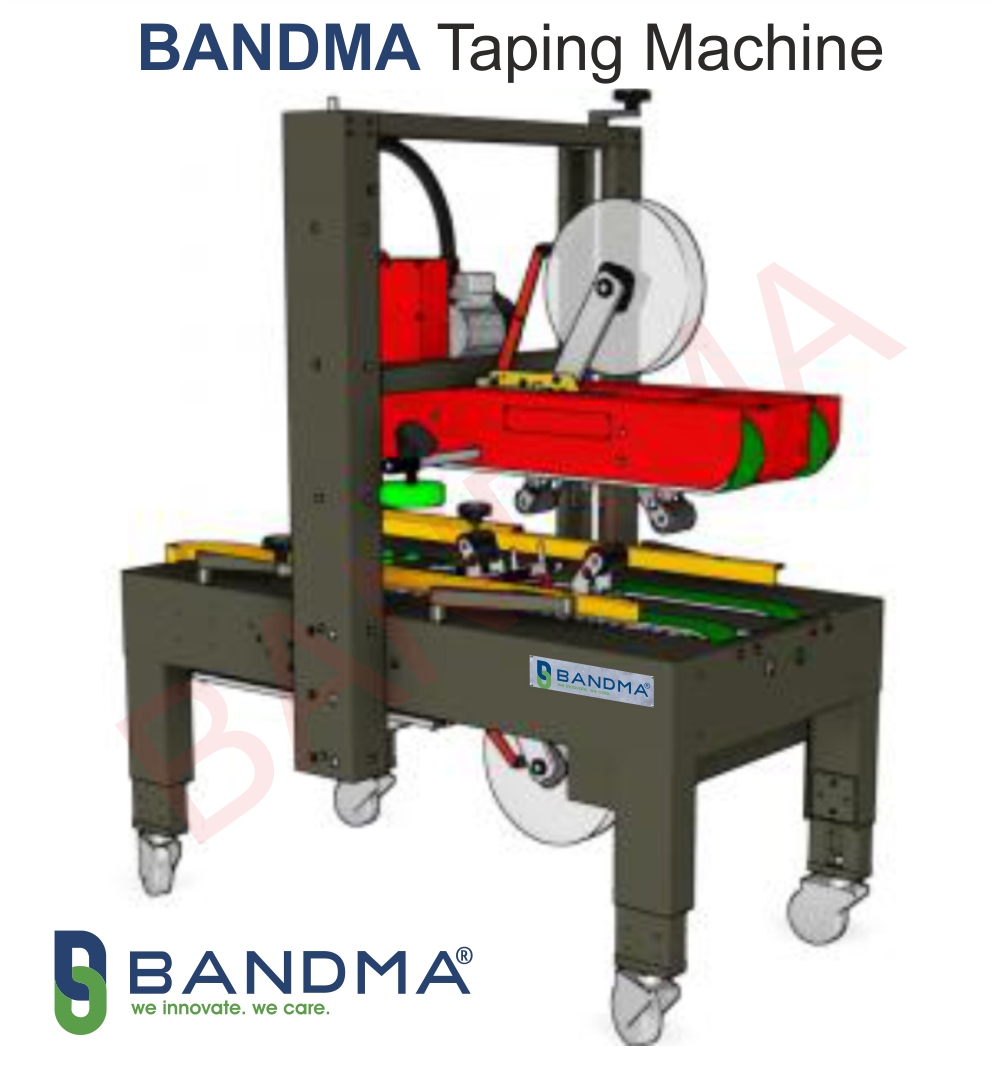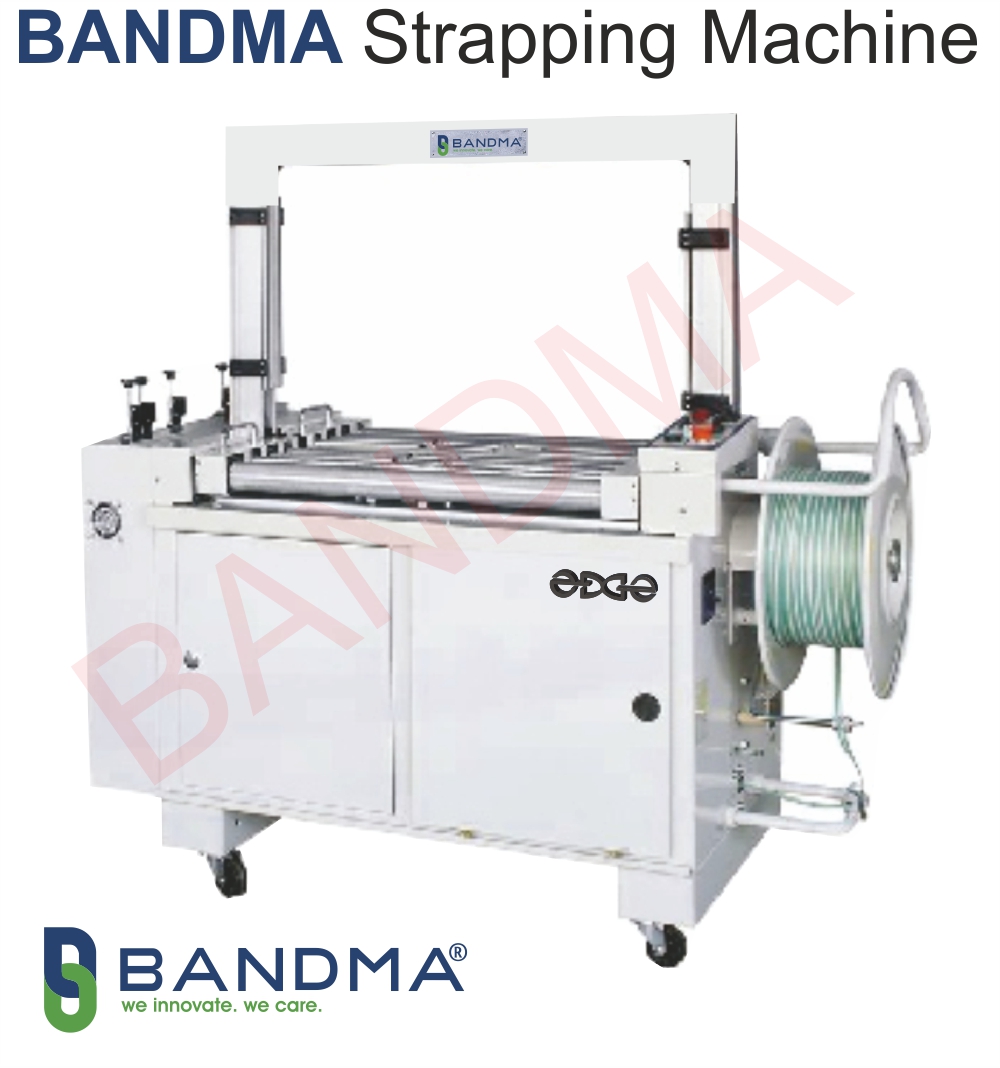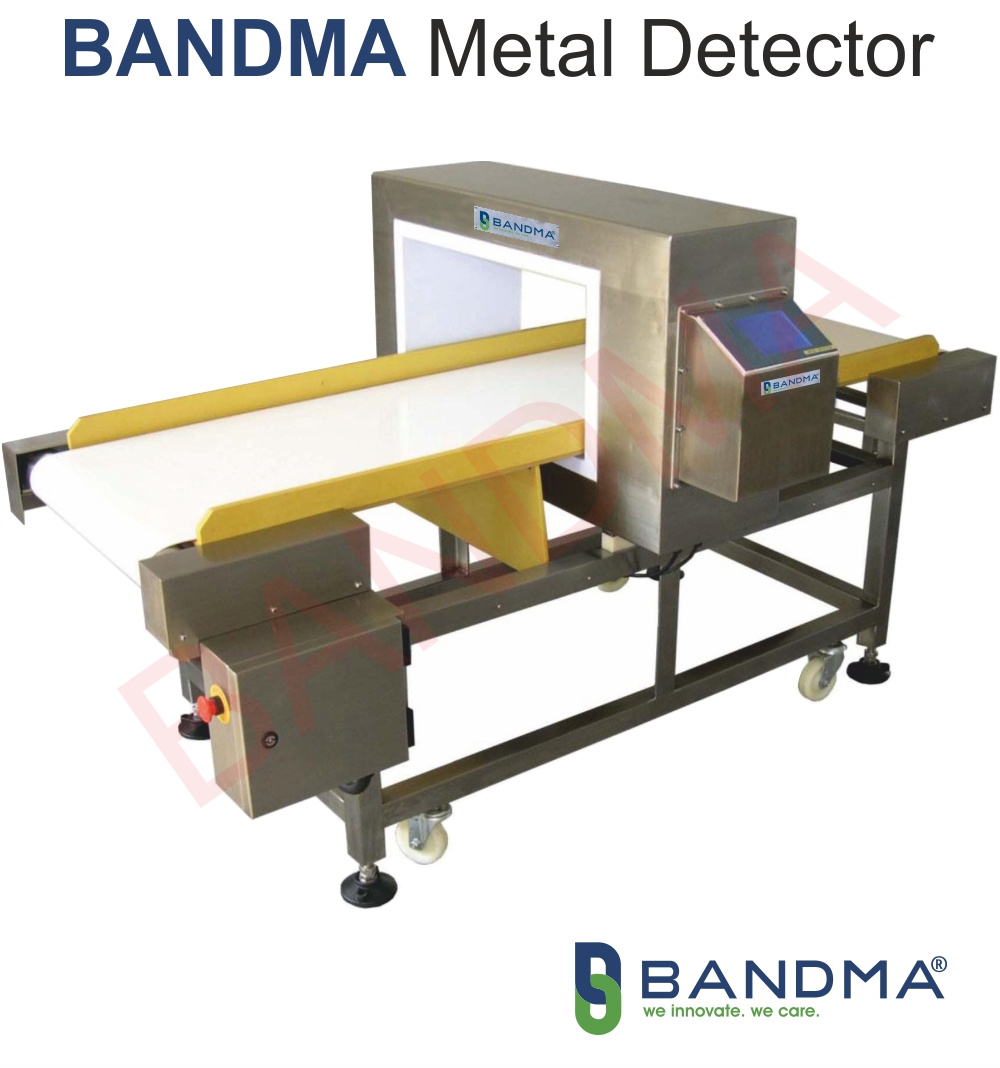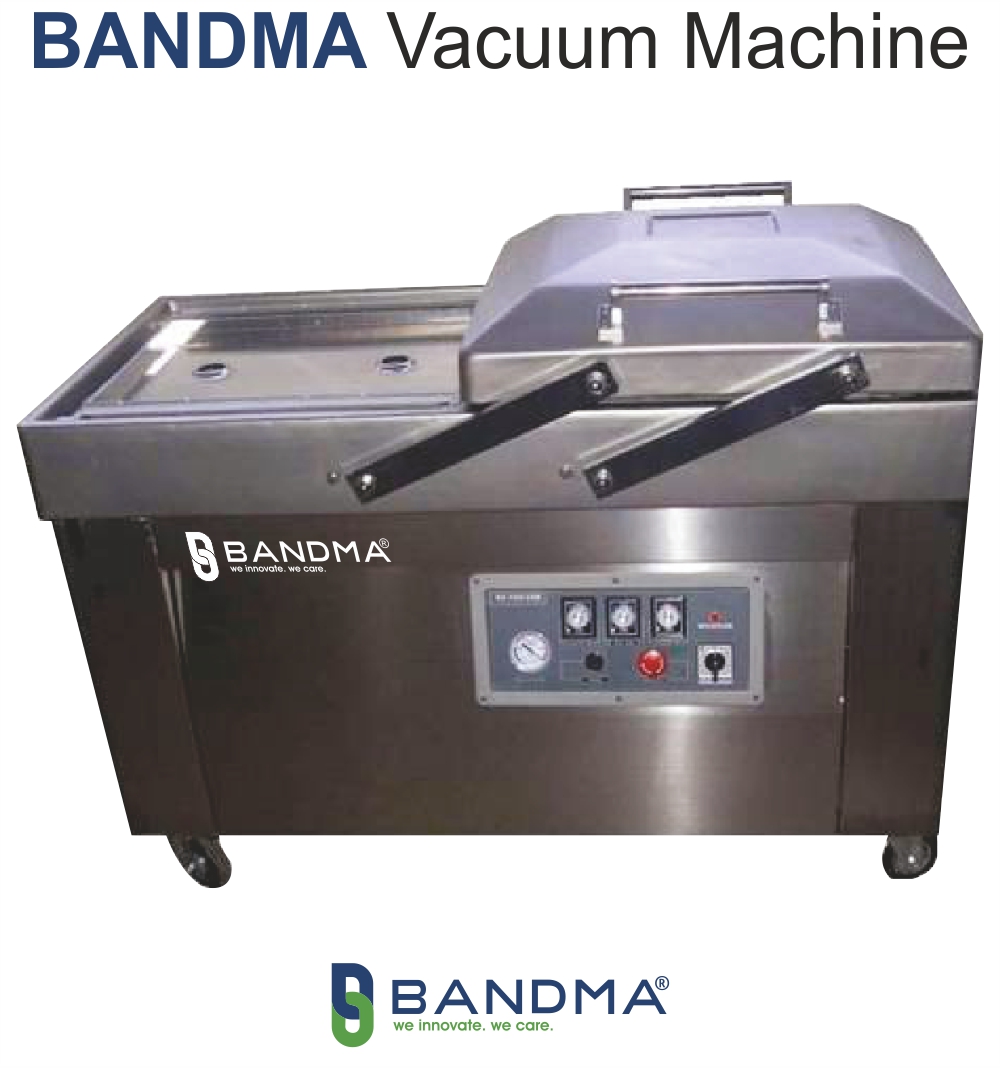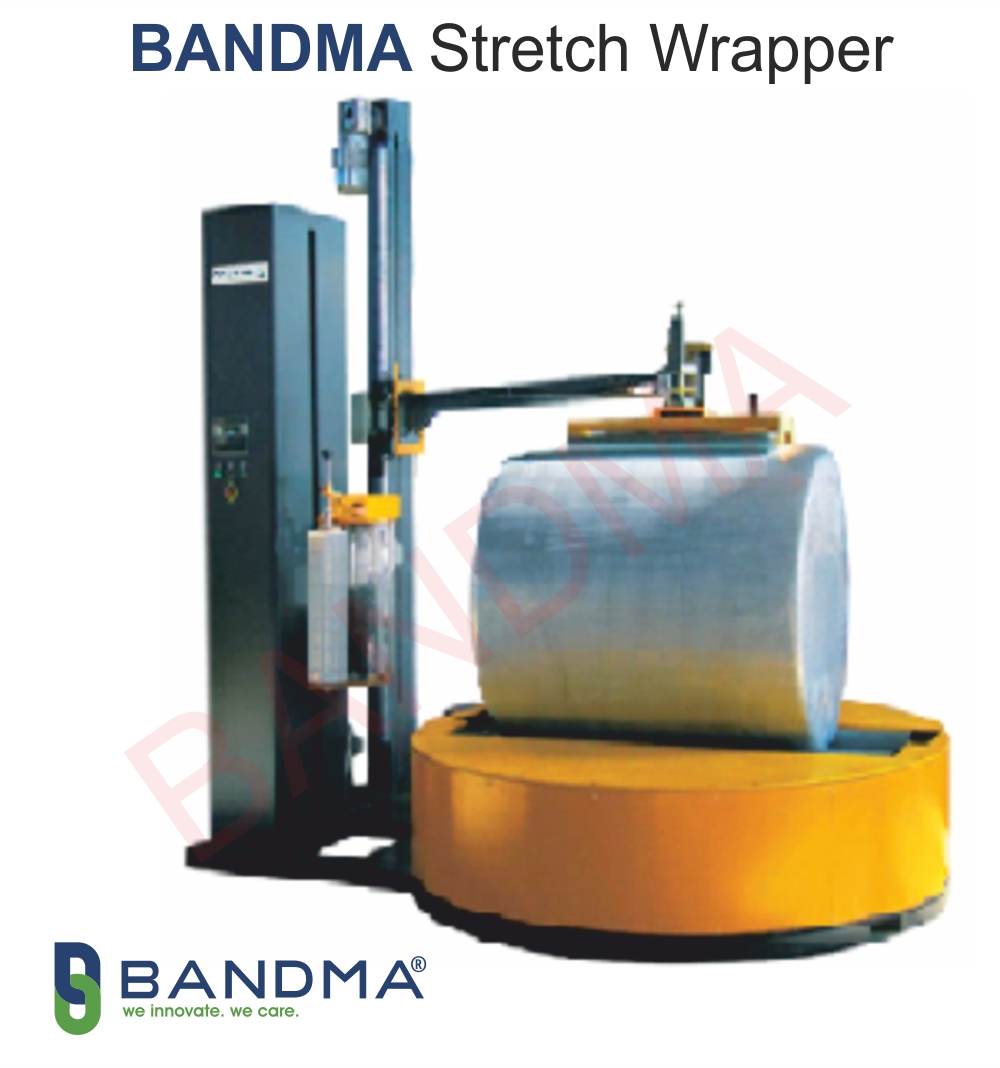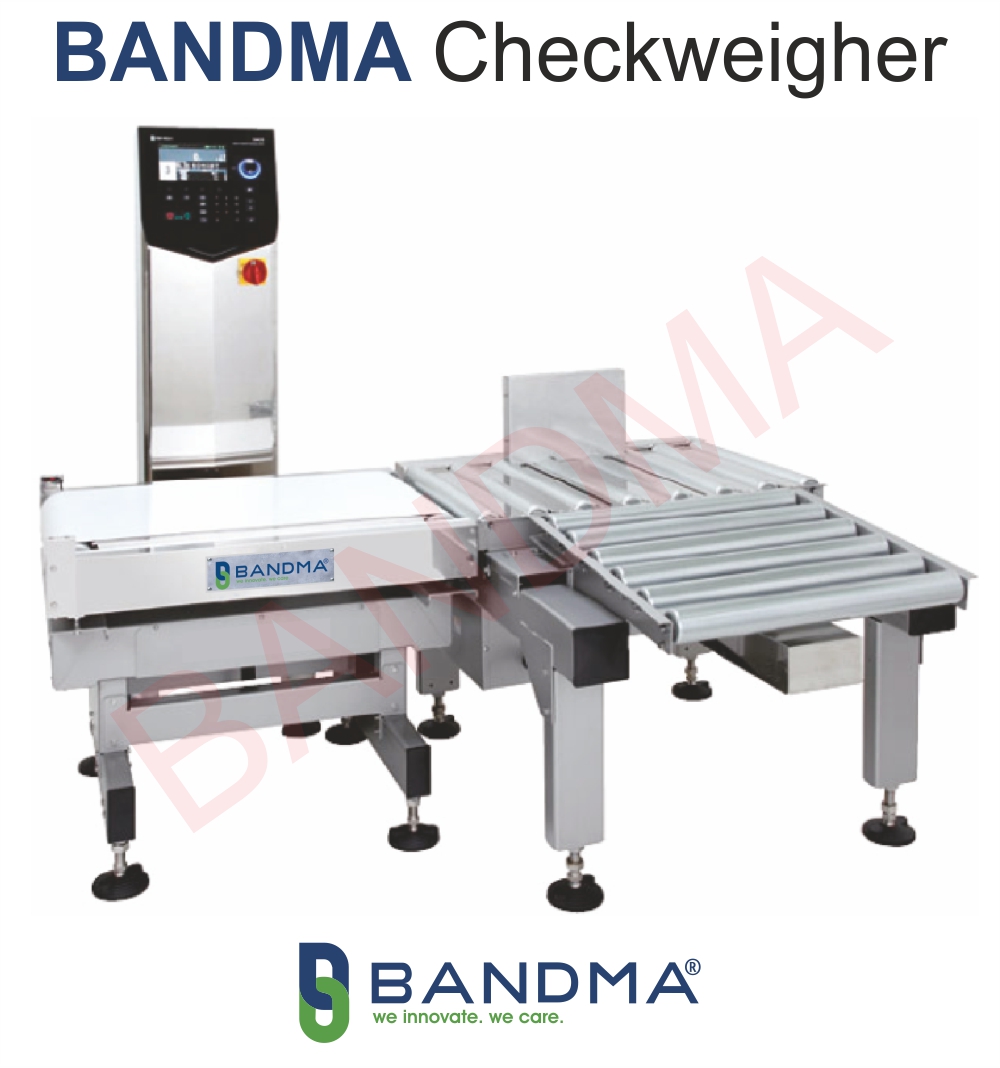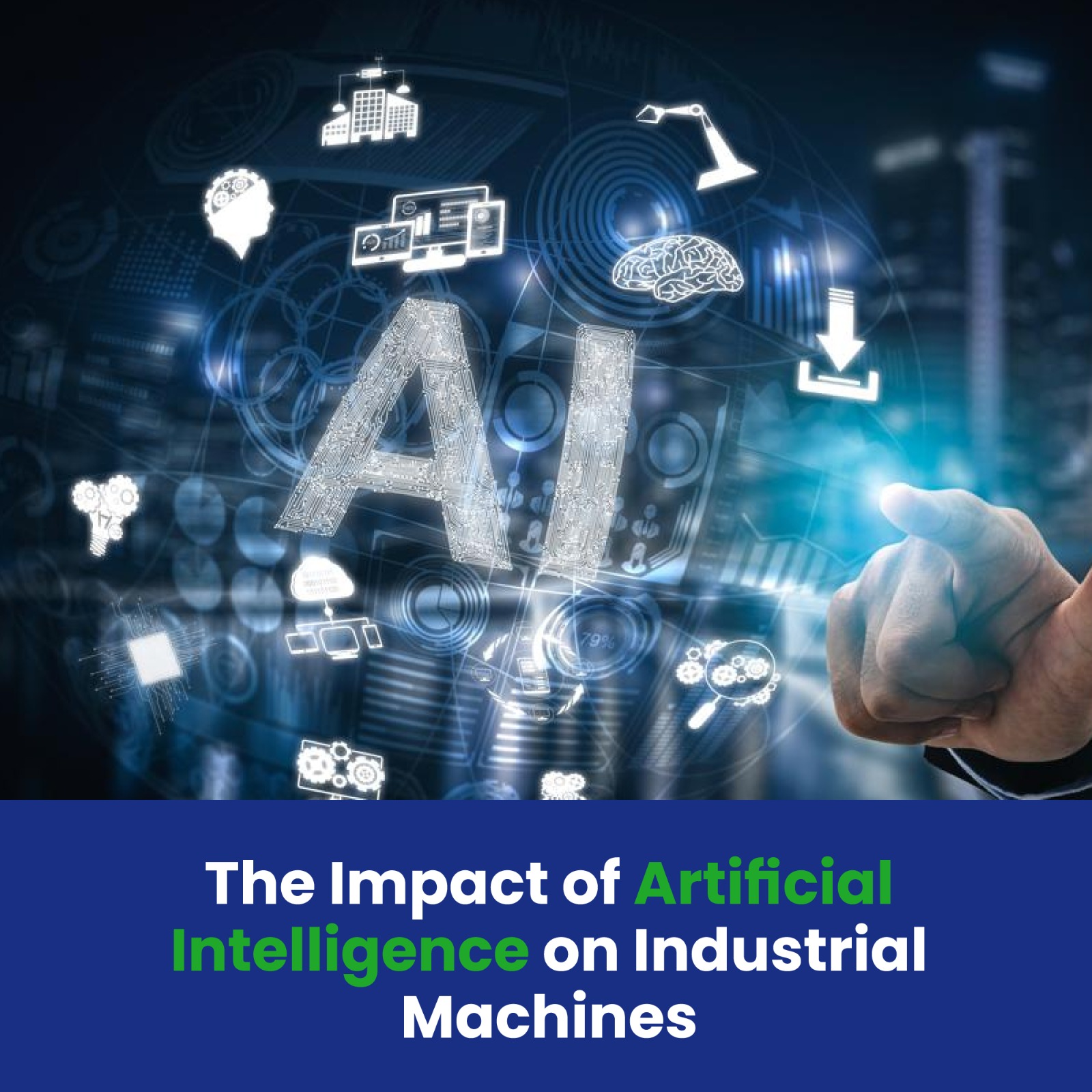Every industry in the world is changing as a result of artificial intelligence (AI), and the machinery industry is no exception. Once limited to science fiction, artificial intelligence (AI) is today a vital tool for industrial machine innovation and efficiency. AI is completely changing the way machines work, maintain, and even evolve. It is improving operational performance and even enabling predictive maintenance. We will examine how AI is affecting industrial machinery, changing manufacturing procedures, and paving the way for further developments in this blog.
1. AI in Machine Automation

Automation is one of the areas where AI has the biggest effects on industrial machinery. In the past, machines were designed to carry out repetitive operations in accordance with preset guidelines. Although production increased as a result, there was little flexibility. AI has altered this by bringing intelligent automation, which enables machines to instantly learn and adjust to a variety of activities.
Machine learning algorithms, which are built into AI-powered devices, enable them to study data, take lessons from it, and gradually improve their performance. This implies that machines can now "think" and modify their behavior in response to changing conditions rather than only carrying out preprogrammed commands. This has improved precision, lowered errors, and sped up production cycles in the manufacturing sector—all of which lead to increased productivity and decreased operating costs.
2. Predictive Maintenance and Reduced Downtime

Unplanned downtime resulting from machine malfunctions is a major concern faced by the machinery business. The two types of maintenance that existed historically were preventive (based on set timetables) and reactive (after a breakdown). Reactive maintenance can cause unplanned production halts, while preventive maintenance can result in needless downtime and expenses. Nevertheless, both approaches have their limitations.
Predictive maintenance, made possible by AI, has completely changed the maintenance industry. AI systems can gather a tonne of data, including temperature, vibration, and pressure, and monitor machine health in real-time by using machine learning algorithms and Internet of Things (IoT) sensors. After that, this data is examined to identify possible problems before they arise, enabling maintenance staff to take preventative action. Manufacturers are therefore able to decrease unscheduled downtime, increase equipment longevity, and lower maintenance expenses.
3. Enhanced Quality Control

In the manufacturing industry, maintaining high standards of quality is essential; nonetheless, flaws in goods are sometimes caused by human mistake and inconsistent inspections. These days, artificial intelligence (AI) is crucial to enhancing industrial machine quality control.
Vision systems driven by AI are capable of inspecting things quickly and accurately. Only top-notch products are allowed to exit the production line thanks to these systems' ability to identify even the smallest deviations from the intended parameters. Industrial devices may also continually learn from previous inspection data by combining AI with machine learning, which will eventually increase their capacity to detect flaws.
In addition to lowering the possibility that defective goods would be purchased by consumers, this automated quality control streamlines the production process by spotting inefficiencies and potential improvement areas. AI-driven quality control has changed the game in sectors where accuracy is critical, like electronics, aerospace, and automobiles.
4. Human-Machine Collaboration

By encouraging human-machine collaboration, the incorporation of AI into industrial machinery is also transforming the workforce. Although it hasn't happened as predicted, there was once concern that AI will eventually supplant human labor. AI is enhancing human capabilities rather than replacing them, freeing up professionals to concentrate on more intricate and important jobs.
AI-enabled devices, for example, can perform laborious and physically taxing jobs, but human operators are still needed to supervise and control the operations. Better decisions may be made thanks to this collaboration, which also increases productivity. In addition, workers are receiving training in machine operation and maintenance through the use of AI tools like augmented reality (AR) and virtual reality (VR), which lowers the learning curve and improves overall safety.
5. AI and Robotics in Manufacturing

Industrial automation has always relied heavily on robotics, but AI is pushing this technology to new heights. AI-powered robots can now carry out hard activities like welding, painting, and sophisticated component assembly that need for accuracy and flexibility.
These robots are perfect for dynamic manufacturing situations where jobs may change often because they can learn from their surroundings and improve their performance over time. In the automobile industry, for instance, AI-enabled robotic arms can adjust to various car models and parts, eliminating the need for reprogramming and increasing production speed.
Furthermore, AI-powered robots can collaborate with humans in the workplace to increase efficiency without sacrificing security. AI makes sure that robots can adjust to human behaviors in "cobotic" situations (where people and robots operate together), which lowers the possibility of accidents.
6. AI in Supply Chain Optimization

AI is significantly affecting supply chain management in the machinery business in addition to the production floor. Supply chain data may be analyzed by AI algorithms to improve inventory management, cut lead times, and optimize logistics.
Artificial intelligence (AI) can minimize manufacturing delays by ensuring that materials and components are available when needed. It does this by forecasting demand patterns and assessing supplier performance. Improved coordination among manufacturers, suppliers, and customers leads to lower expenses and higher levels of customer satisfaction.
7. AI and Energy Efficiency

Since industrial machinery are notorious for using a lot of energy, many firms place a high premium on lowering energy expenses. AI is significantly improving energy efficiency through waste reduction and machine performance optimization.
Artificial intelligence (AI) algorithms are able to examine patterns in energy usage and recommend changes to machine settings that will reduce energy consumption without sacrificing output. AI systems, for instance, may figure out how fast machines should run in order to maximize production and reduce power usage. AI can also assist in locating and removing energy inefficiencies from the production process, which will result in a more economical and sustainable operation.
8. Challenges and Ethical Considerations

Although artificial intelligence (AI) has many advantages for industrial machinery, there are drawbacks and moral issues to take into account. Concerns about job displacement may arise from the reliance on AI and automation, particularly in labor-intensive industries. Nonetheless, a lot of analysts contend that AI will lead to the creation of new jobs, especially in the areas of monitoring, maintenance, and development.
The security and privacy of data are also major issues because AI systems need a lot of data to work properly. Sensitive data must be shielded from hacks and breaches by manufacturers.
Furthermore, accountability is called into doubt by the complexity of AI systems. It can be difficult to assign blame in the event that an AI-driven device breaks. Industries need to set precise rules and policies to deal with these problems as AI develops further.
9. The Future of AI in Industrial Machines

Given the continuous progress in machine learning, robotics, and IoT, the future of artificial intelligence in industrial equipment is bright. Machines will grow even smarter, more independent, and capable of self-optimization as AI algorithms advance.
We can expect AI to drive further innovation in areas such as additive manufacturing (3D printing), smart factories, and decentralized production networks. In the long term, AI could enable fully autonomous factories, where machines handle everything from production to logistics without human intervention.
Conclusion
Artificial Intelligence is having a revolutionary effect on industrial machinery. AI is profoundly changing the machinery business through increasing automation, better quality control, optimizing maintenance procedures, and encouraging human-machine collaboration. We should expect even bigger gains in productivity, sustainability, and efficiency as AI technology develops. Adopting AI into industrial machinery is not a choice; rather, it is a requirement to maintain competitiveness in the current manufacturing environment.

